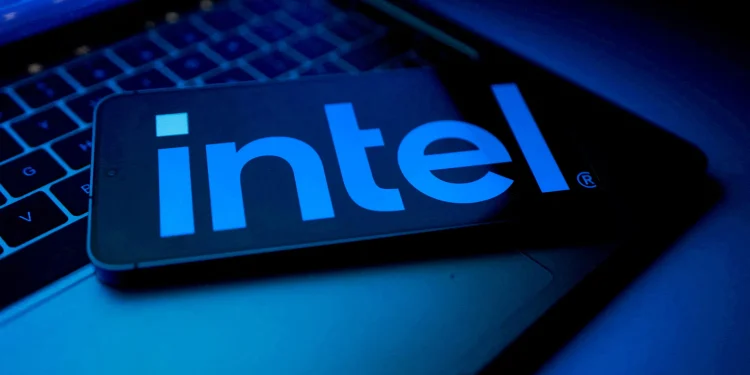Intel has posted stronger-than-expected third-quarter results, as the global surge in artificial intelligence continues to fuel demand for advanced chips and computing infrastructure. The company’s turnaround signals that its long-term bets on AI are beginning to pay off, despite continued competition from Nvidia and AMD.
AI Demand Reshapes Intel’s Strategy
Intel’s leadership said that accelerating AI workloads are driving new demand across data centres, PCs, and edge devices. The company is investing heavily in purpose-built AI chips, accelerators, and foundry services to capture this opportunity.
CEO Pat Gelsinger noted that the transition from legacy PC refreshes toward AI-driven platforms has expanded Intel’s addressable market. The shift reflects how modern computing is being redefined by the need to process and deploy AI models efficiently across all device categories.
Growth Returns in the Third Quarter
Intel reported revenue of $13.7 billion, up 3 percent year-on-year, with a net income of $4.1 billion, reversing last year’s loss of $16.6 billion. Gross margin widened to 38.2 percent, an increase of more than 23 points compared to a year earlier.
Segment performance also showed signs of stability. The Client Computing Group grew around 5 percent, while the Data Center and AI unit remained flat year-on-year but improved sequentially.
How AI Fuelled the Rebound
Intel’s recovery was supported by several key factors linked to artificial intelligence:
-
Rising OEM demand for next-generation CPUs and AI-enabled PCs.
-
Increased data centre upgrades to handle generative and inference workloads.
-
Stronger product mix toward higher-margin chips enabled by new manufacturing nodes.
-
Early traction in Intel’s foundry and accelerator business as AI adoption spreads.
The company’s investments in its 18A process technology and new fabrication capacity are also improving production flexibility. Intel stated that demand for its AI-focused chips is outpacing supply, a trend expected to persist into 2026.
A Rebuilding Phase for the Chipmaker
The third quarter marks an important inflection point for Intel. The company is regaining momentum by aligning its strategy with the AI-driven future of computing. The improvement in profitability and margins shows progress, but execution will be crucial to sustain it.
Intel is currently positioning itself as a key player in the broader AI ecosystem. Whether it can fully capitalise on this boom will depend on how fast it can scale production, deliver competitive performance, and close the gap with industry leaders.













